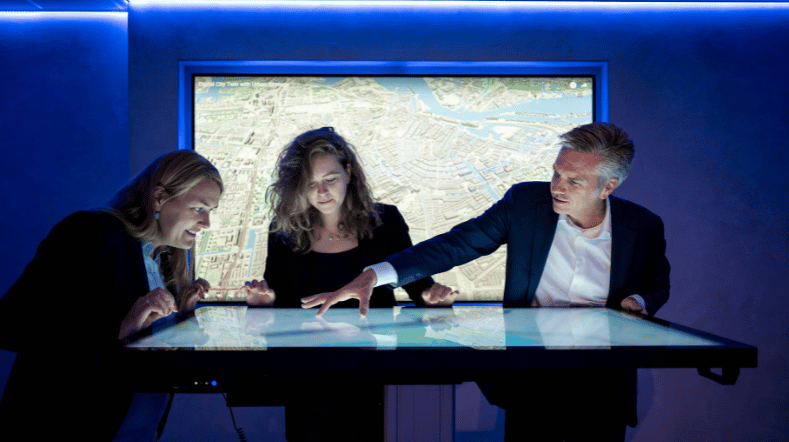
Why is it so important to be a resilient society? And how resilient are we in the Netherlands?
Global security has plummeted in recent years. Recent geopolitical developments are only exacerbating the situation, affecting the Netherlands and Europe as a whole. The Netherlands is already being targeted by hybrid attacks, including cyber operations, espionage, sabotage, and subversion. And for the first time in a while, there is a real chance of the Netherlands becoming embroiled in a large-scale armed conflict through NATO’s policy of collective defence.
To protect our country, our democracy, and our freedom, including that of our NATO allies, we need to make our society more resilient. This was the core message in a recent parliamentary letter sent from the Ministries of Justice & Security and Defence.
What is the Dutch government doing to build a resilient society? And how is TNO supporting its efforts?
Naomi ter Haar, head of the Resilience department at the Ministry of Defence, and Tjarda Krabbendam-Hersman, director of the Human & Organisational Effectiveness division at TNO’s Defence, Safety & Security unit, explain. ‘Not everyone notices it, but government agencies and businesses regularly experience hybrid attacks, like sabotage and cyber attacks,’ Naomi ter Haar starts off. ‘In addition to the worrying international developments, these alarm bells remind us of how urgently we need to prepare better and work hard to build a more resilient society.’ ‘A resilient society is one that can handle major incidents, such as prolonged power cuts and a loss of drinking water supply, internet, or payment services.’ ‘A resilient society is also one where government agencies, businesses, and individuals can and want to work together, and know what to do to keep society up and running.’ ‘Lastly, a resilient society is a strong deterrent for potential adversaries. If a society can handle a crisis, it’s less worthwhile for a bad actor to try to hit us.’
A new resilience plan for the Netherlands
‘Ensuring security and continuity in the country is one of the government’s core tasks,’ Naomi ter Haar continues. ‘That’s why the Dutch government is working on a resilience plan. The threats we face are hugely complex, so building a society that can withstand them isn’t easy.’ ‘Think of a society as an ecosystem of highly intertwined chains. One weak link can have major consequences for the whole network.’
‘These kinds of continuity plans were also made following other crises in the past, but the threats and state actors have changed.’ ‘Digital attacks have become so much more sophisticated, and disinformation spread through social media poses a danger as well. We need to adapt our national crisis plans accordingly.’
The key pillars of the resilience plan
‘With Russia’s war of aggression against Ukraine and tensions on the Polish, Baltic, and Finnish borders, it’s a real possibility that Article 5 of the NATO Treaty will be triggered and we in the Netherlands will become involved in armed conflict.’ ‘Article 5 means that an attack on one NATO member state is considered an attack on all of them. Strengthening our armed forces is therefore a key pillar of the plan, a clear task for the Ministry of Defence.’
‘Another pillar is ensuring the continuity of society, such as maintaining democracy and access to drinking water, food, and electricity.’ ‘The Ministry of Defence has an important role to play here, too, in collaboration with civilian partners such as the police, fire brigade, medical services, and certainly civilians as individuals,’ Naomi ter Haar emphasises. ‘Moreover, a crucial factor in ensuring continuity is proactive, intensive collaboration in the public-private sector, with businesses and industry associations, organisations such as the Red Cross, and knowledge institutions like TNO at the forefront.’

'In addition to the worrying international developments, these are ‘alarm bells’ that highlight the urgency of better preparation and the need to work hard on building a more resilient society. A resilient society is one that can withstand shocks.'
TNO’s three roles in resilience
‘In supporting the Ministry of Defence in building resilience, TNO’s Defence, Safety & Security unit not only draws on years of knowledge accumulated in various fields,’ Tjarda Krabbendam-Hersman affirms. ‘We can also call on our close ties with other knowledge institutes and top Dutch businesses. Together, we all form this bridge between government and society. Within the resilience ecosystem, TNO has been tasked with three roles.
First, research. TNO is studying the hybrid and military threats underlying the resilience challenge that society faces so we can understand them. What are we up against? Where are the threats coming from? What combinations are we seeing? What technologies are at play? And how can we respond to them?
Second, solutions. TNO’s second resilience task is to develop solutions for the public and private sectors and for the armed forces. Examples include physical tools, such as sensors to protect underwater cables, and equipment specifically designed to take down drones. Digital tools are vital as well, such as models that calculate what military and societal action is needed under different threat scenarios.
Third, collaboration. ‘We’re taking the initiative in bringing public and private organisations together to improve civilian and military collaboration.’ ‘Our broad knowledge base on people, organisations, and technology in the defence, safety and security domain ensures that we have a firm grasp of the complexity of this issue.’ ‘As an orchestrator, we can bring parties together, align our plans, and ensure that knowledge domains reinforce each other. Strong collaboration is crucial when it comes to resilience.’
Who else is committed to boosting resilience?
‘We’re seeing more public-private parties taking responsibility and showing initiative in building resilience,’ Tjarda Krabbendam-Hersman continues. ‘One of these initiatives was the joint trip to Finland by a leading group of 22 businesses, departments, and knowledge institutions, including TNO.’
‘The aim of the trip was to learn on the ground from Finland’s approach to a resilient society. Finnish society is seen as a leading example worldwide on this.’
‘Another initiative is the Maurits Symposium, which was co-organised by TNO in collaboration with the Ministry of Defence.’ ‘400 representatives from government agencies and businesses gathered to share ideas and action plans on resilience.’
‘A Leadership in National Security course has also been set up, initiated in part by the academy of the National Coordinator for Counterterrorism and Security. The course is inspired by the Finnish model and targets senior leaders of government agencies, businesses, and civil-society organisations to increase knowledge, improve collaboration, and build a strong network.’
What does resilience mean for people in everyday life?
‘Besides the Dutch government explicitly seeking to work with businesses to strengthen our resilience, there is also a great need for more awareness among citizens,’ says Naomi ter Haar. ‘The government wants to make the urgency of the situation clear, but obviously avoid panic. There are public campaigns and education programmes in the pipeline to achieve this goal.’ ‘These will urge people to procure an emergency survival kit for their homes, but also to think about their own situation.’ ‘Can I cope if the authorities need to rely on the electricity supply, food supplies, or health care capacity available? Or when these facilities aren’t available at all due to a disaster or disruption?’
‘How are things arranged at my workplace? Will I be able to reach my municipality? Can I still get to my parents? How can I help people nearby who need it? What if I need extra help myself?’ ‘Municipalities are also developing initiatives to support their citizens. For example, work is under way to set up resilience points at fire stations where citizens can go in case of crisis.’ ‘Resilience requires us to focus our attention on people, organisation, and technology. The Netherlands can learn a lot from social cohesion in countries like Finland. Let’s roll up our sleeves together and get started.’
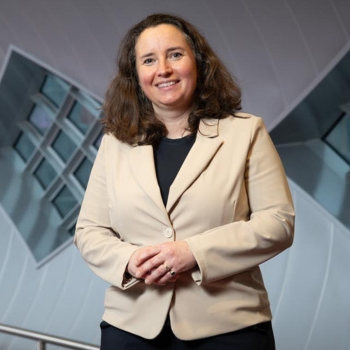
‘Resilience requires us to focus our attention on people, organisation, and technology. The Netherlands can learn a lot from social cohesion in countries like Finland. Let’s roll up our sleeves together and get started.’
What are hybrid threats?
A threat is referred to as ‘hybrid’ when it is carried out simultaneously across different domains by various actors. This can include diplomatic, military, economic, and financial areas, and the use of disinformation and psychological manipulation. Hybrid threats are highly complex and difficult to counter. Their complexity also makes it challenging to identify the perpetrators.
Moreover, hybrid attacks often remain just below the threshold of open conflict. For example, acts of sabotage where it is unclear who is responsible — such as the major underwater explosions at the Nord Stream pipeline in the Baltic Sea, or repeated damage to data cables in the same region. These incidents do not yet lead to war, but they do constitute serious attacks on vital infrastructure within NATO.
What lessons can we learn from Finland?
Given more than 80 years of tension on the border with Russia, Finnish society is extremely focused on resilience. Finland has a large reservist army and copious shelters, but the close collaboration and mutual trust between government agencies, businesses, and citizens in Finland is also a vital factor in building and maintaining a resilient society. At the European Council’s request last year, former Finnish president Sauli Niinistö made recommendations for a European resilience strategy.
One of his recommendations was that in times of crisis, citizens should be able to manage for 72 hours at home with an emergency survival kit containing food, water, medicine, and a battery-powered radio. Businesses should also keep safety stock, bolster their IT security, and consult with similar businesses on what can be done better.
The final major Niinistö recommendation was that government agencies and businesses in Europe should work better together, sharing information on threats and crisis response more often to build mutual trust.
The trip to Finland was organised by Deloitte and included representatives from the following organisations: ABN AMRO, Albert Heijn, AMS-IX, EACC Netherlands, Gasunie, Municipality of Rotterdam, Port of Rotterdam Authority, KPN, Ministry of Justice and Security, Ministry of Defence, Dutch Banking Association, NIPV, Rabobank, Red Cross, TenneT, TNO, Rotterdam Rijnmond Safety Region, VNO-NCW, and Waternet.
Get inspired
Energy communities: from neighbourhood initiative to a key link in the energy transition


Defending against Adversarial AI attacks: an overview
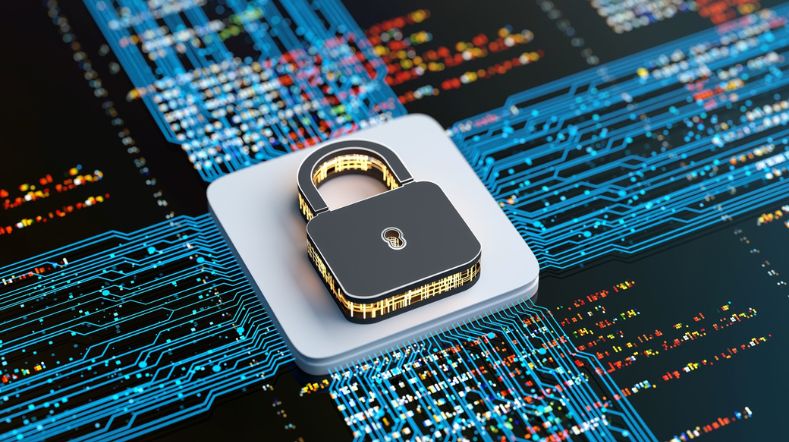

Supporting municipalities to achieve heat transition
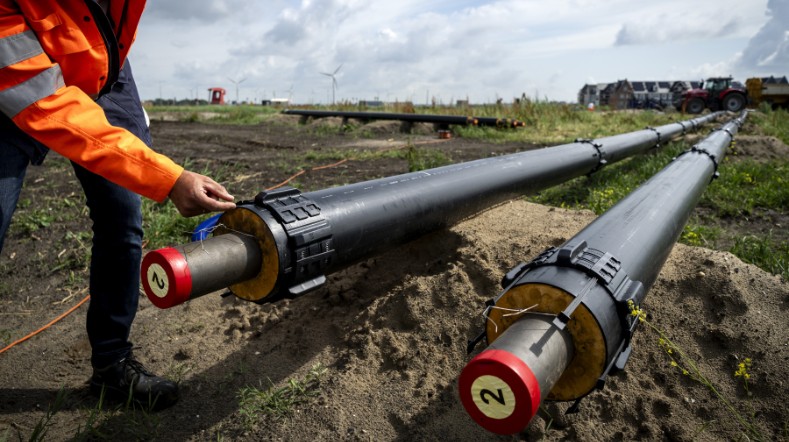

6x liveable cities with smart mobility
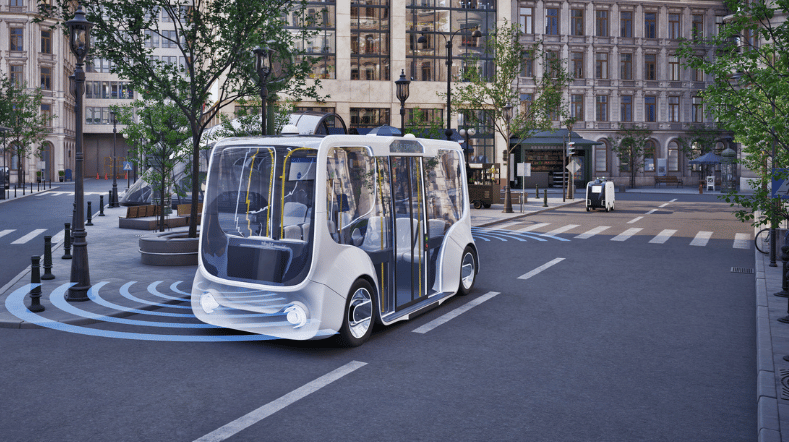

Urban strategy: Local digital twins for sustainable mobility and liveable cities
